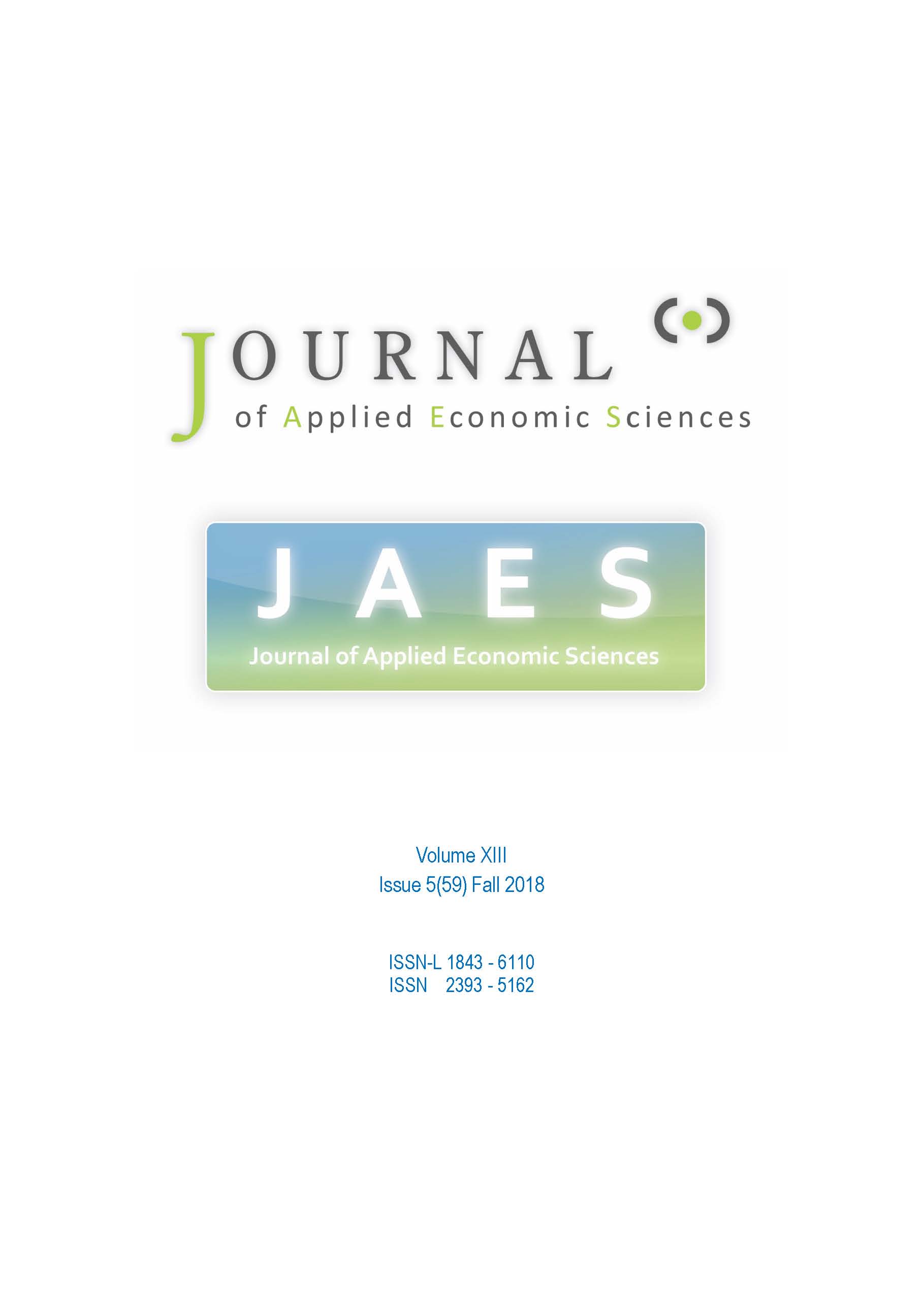Efficiency Classification of Stock Market Indices: Construction of an Indicator Using Fractal and Long Memory Characterization
Efficiency Classification of Stock Market Indices: Construction of an Indicator Using Fractal and Long Memory Characterization
Author(s): Imane El Wahli, Amine Amar, Zine Elabidine Guennoun, Youness LaaroussiSubject(s): Economy, Business Economy / Management, Financial Markets
Published by: Reprograph
Keywords: market efficiency; fractal dimension; long memory; hurst exponent; entropy;
Summary/Abstract: An efficient market has been theoretically proven to be a crucial component for efficient resource allocation in an economy. Taken into account the Efficient Market Hypothesis (EMH) critics, we intend in this paper to study the degree of roughness, regularity variation and the unpredictability of the market. Doing so, we will be able to comment on stock market efficiency after controlling different types of inefficiencies. To classify market, we use an efficiency index for which we utilize long-term memory, fractal dimension and entropy as input variables. This measure takes into consideration the correlation structure of the returns (long-term memory), local herding behavior (fractal dimension) and uncertainty in the process (entropy). Applying this methodology on 5 stock market indices, Turkey (XU100), France (CAC40), Brazil (BSVP), Mexico (MXX) and China (SSEC), This study leads to the principal conclusion that the most efficient markets are situated in the Brazil (BSVP) and Turkey (XU100) closely followed by the French CAC40. The least efficient ones are Mexico (MXX) and China (SSEC).
Journal: Journal of Applied Economic Sciences (JAES)
- Issue Year: XIII/2018
- Issue No: 59
- Page Range: 1324-1332
- Page Count: 9
- Language: English

